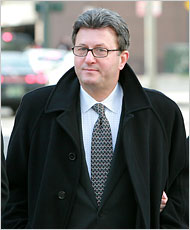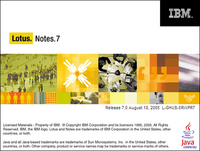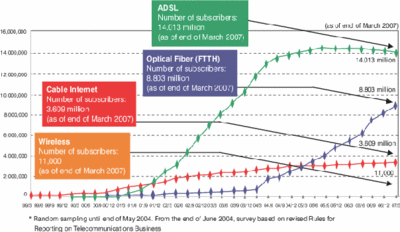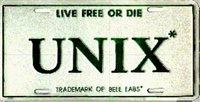 This case will forever be murky if
retroactive telecom immunity for participating in illegal wiretapping
passes, yet it has already thrown some light on some of the murkiest
areas of government-corporate interaction.
This case will forever be murky if
retroactive telecom immunity for participating in illegal wiretapping
passes, yet it has already thrown some light on some of the murkiest
areas of government-corporate interaction.
Former Qwest CEO Joseph P. Nacchio, who has been convicted of insider trading for selling stock while Qwest’s stock price was tanking, claims he had reason to believe Qwest would get lucrative government contracts, and that Qwest was denied them because he refused to participate in an illegal program. When this happened is very interesting:
The phone company Qwest Communications refused a proposal from the National Security Agency that the company’s lawyers considered illegal in February 2001, nearly seven months before the terrorist attacks on Sept. 11, the former head of the company contends in newly unsealed court filings.So if Nacchio is right, massive wiretapping by the current U.S. administration didn’t start as part of the “War on Terror”; it must have started for some other reason.— Former Phone Chief Says Spy Agency Sought Surveillance Help Before 9/11, By Scott Shane, October 14, 2007
The best the prosecution has been able to come up with is: Continue reading








